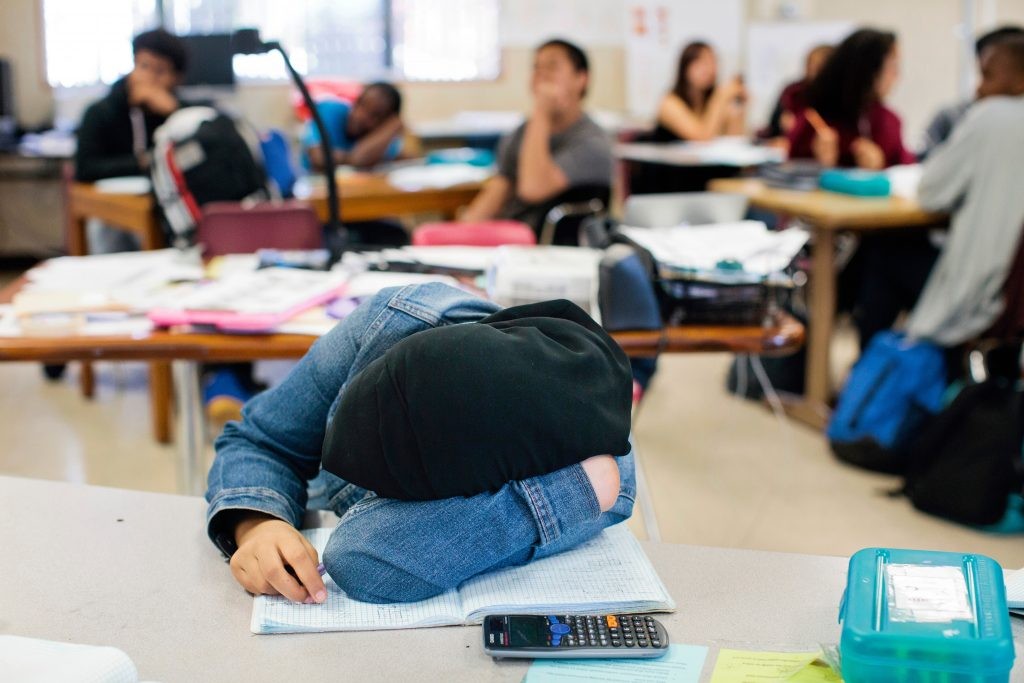
Recent research from Brock University reveals a concerning surge in classroom incivility after pandemic-related school closures in Ontario, highlighting the lasting impact of disrupted learning on student behavior.
The comprehensive study, led by Postdoctoral Fellow Natalie Spadafora, examined classroom conduct before and after COVID-19 shutdowns through two separate investigations involving 308 adolescents aged 9-14 and 101 primary educators teaching grades 1-3.
The findings paint a stark picture of behavioral changes. Prior to March 2020, only 6% of teachers reported daily instances of classroom incivility. This number jumped dramatically to 42% in the post-pandemic period. Additionally, 68% of teachers rated classroom incivility as "moderately" or "very" serious in the 2021-22 school year, compared to 32% before COVID-19.
Common examples of uncivil behavior included texting during lessons, interrupting classmates, arriving late to class, and showing general disrespect toward teachers and peers. Students also demonstrated reduced awareness of classroom expectations and appeared less concerned about behavioral consequences.
The research suggests that approximately 100 days of school closures in Ontario left students without exposure to typical classroom routines and norms during formative developmental periods. This gap particularly affected primary-grade students, who missed opportunities to learn fundamental classroom behaviors and social skills.
"These children missed out on the early days in the classroom where you learn how to be in school," explains Spadafora. "Because of that, behaviours you wouldn't typically see in Grade 3 are presenting themselves more frequently."
Teachers reported that 95% of students showed "lower" or "much lower" socio-emotional skills compared to previous cohorts. Many students struggled with basic group dynamics and required additional coaching to work cooperatively with classmates.
The implications extend beyond immediate classroom management concerns. Previous research indicates that incivility can lead to more serious behavioral issues, including bullying. This connection underscores the need for early intervention and targeted support.
Parents can play a key role in addressing these challenges by reinforcing basic manners and respectful behavior at home. "It all starts with being a kind, respectful person," notes Spadafora, emphasizing the importance of building a strong foundation for classroom conduct.
The research team plans to continue monitoring these behavioral trends, with particular attention to younger students, to better understand the long-term effects of pandemic-related educational disruptions.